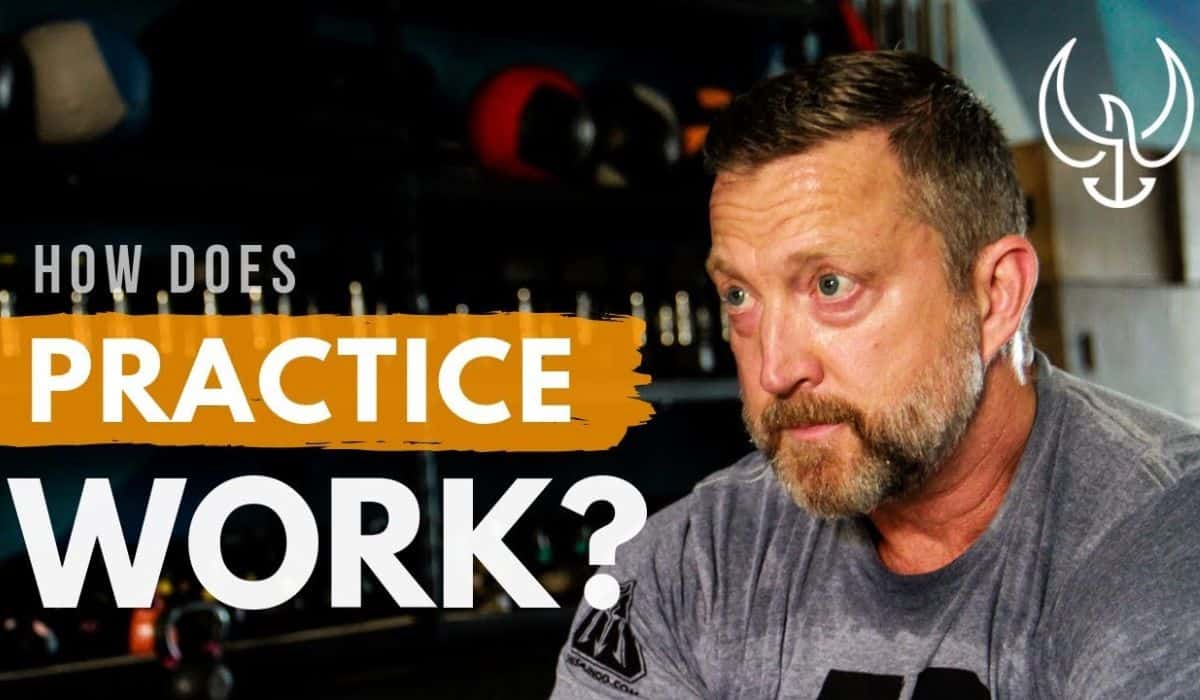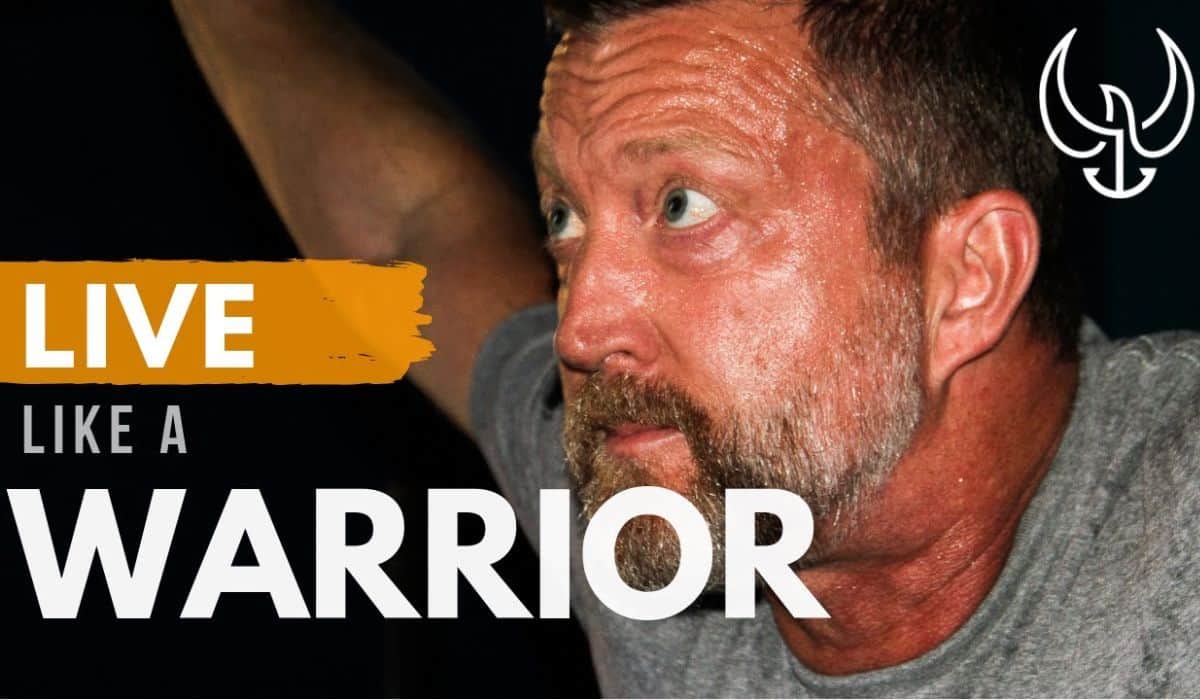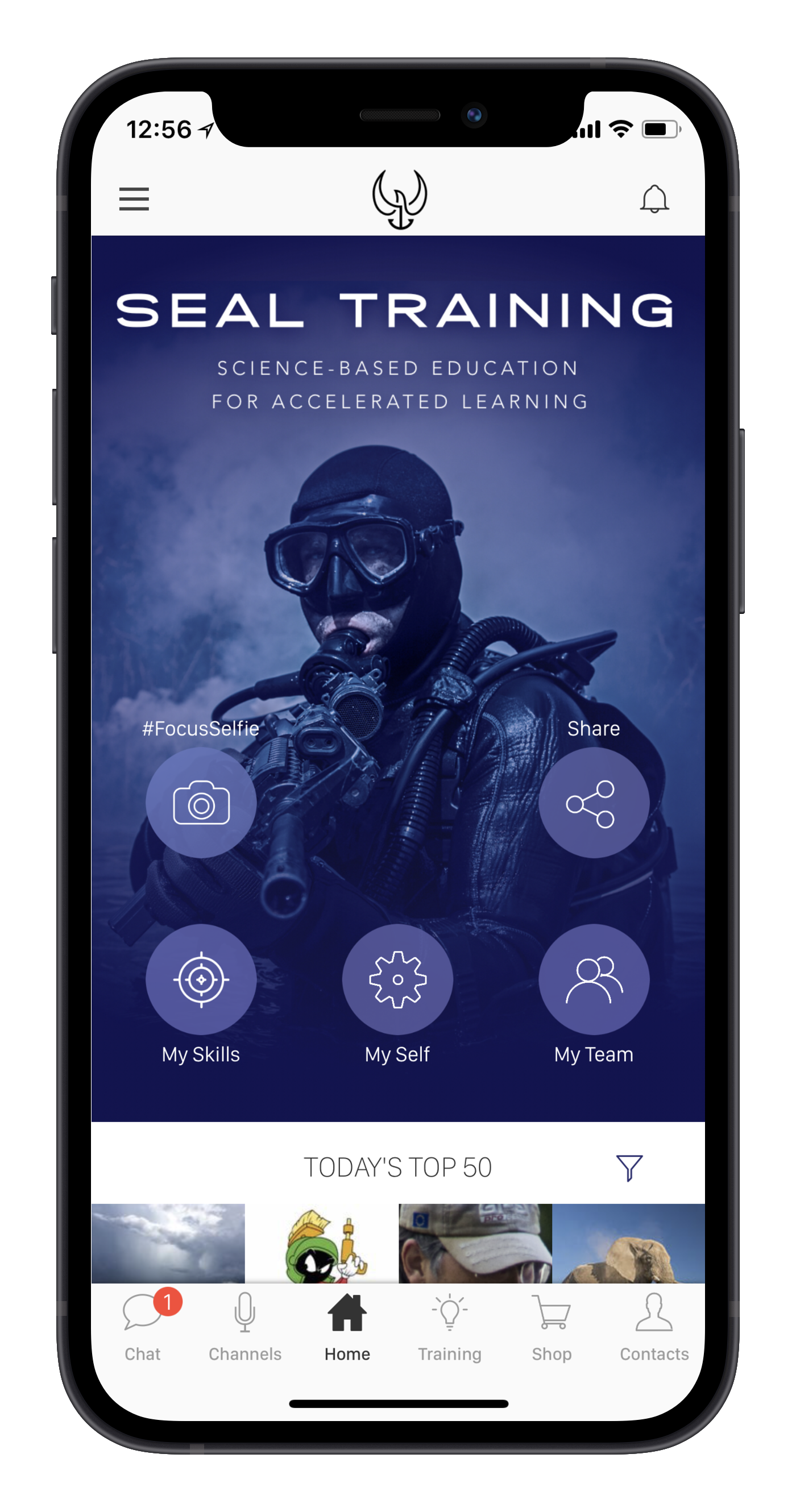Hey guys, what is going on Dr. Chris Sajnog here, in this post, I want to make a case for why sleep matters and learning any skill. Let’s get started.
When I first started teaching people to shoot online, I quickly learned the importance of how we learn, all anyone was teaching online or offline were the mechanics of shooting and things like, “This is how you hold the gun.” “This is how you stand or manipulate the trigger.” So I started sharing my take on marksmanship, and the results were really not much different than what anyone else was doing.
What I Learned
That’s when I started studying neuroscience and how the brain works to learn new skills. After four years of research, I developed the New Rules of Marksmanship, which focused on the actual process of learning. My students saw an immediate result and a quantum leap in skill development.
The SEAL Training System
My training process started being used by – professional athletes, including golfers and others. Which meant I needed to change the name. And I changed it to the SEAL training system, a science-based education for accelerated learning.
The Seal training system became my thesis to earn my doctorate in applied Educational Neuroscience. That means I understand –
- How the brain works
- How the brain learns any skill
- The actual learning process and how to optimize it.
Why sleep matters?
So why sleep matters? Well, when you learn anything, including mechanical skills, like shooting or swinging a golf club, you’re forming memories, and memories are formed during sleep.
In the same way, your muscles don’t grow during exercise they grow during sleep, and therefore, skill development does not happen during practice, it occurs during sleep.
Without a good night’s sleep, our muscles don’t get a chance to repair and grow and our brains don’t get the opportunity to consolidate memories. Unfortunately, sleep is often an afterthought. We focus all the time on practicing a skill without understanding that without a good night’s sleep, that’s wasted time.
For years, scientists like myself have known the importance of sleep on declarative memory, which is the knowledge of fact-based information or what we know for example – the planets in the solar system or the airspeed velocity of an unladen swallow.
Sleep-Dependent Memory Consolidation
*Rapid eye movement (REM) sleep is a stage of sleep associated with dreaming and memory consolidation.
Studies show that REM sleep in particular plays an important role in the acquisition of learned material. We also found out that deep slow-wave restorative sleep also plays a significant role in declarative memory by processing and consolidating newly acquired information and this process is called sleep-dependent memory consolidation.

Only recently, we learned that deep sleep plays a significant role in the ability to learn new skills that require motor coordination and performance. This is called procedural memory. The remembering of how to do something for example, swinging a golf club or pulling a trigger without disturbing the sights.
Once again, REM plays a vital role in the consolidation of procedural memory. Other aspects of sleep also play a role in procedural memory. Motor learning seems to depend on the quantity of lighter stages of sleep. In contrast, certain types of visual learning seem to rely on the amount in the timing of both deep sleep and REM sleep.
Sleep and Learning
So here’s what sleep and learning all boil down to. Lack of sleep has a negative effect on memory. It’s harder for a sleep-deprived brain to focus, so it’s harder to remember new things. Being sleep-deprived can also make it harder to form long-term memories. In fact, you forget up to 75% of what you learned the day before by not getting enough sleep.
This means that if you practice a skill for eight hours today, and don’t get a good night’s sleep tonight, you’ll have wasted six hours of your time. Hopefully, this is enough for you to focus on your sleep. But in case you’re already saying something like – “I know it all” or “I already know my skill.” But what about execution?
A study by the National Center for Biotechnology Information showed that moderate sleep deprivation produces impairments equivalent to those of alcohol intoxication. The study revealed significant degradation in all of the following:
- reaction time
- accuracy
- hand-eye coordination
- visual tracking
- speed
- spatial memory
So if you need to protect your family or perform in a competition, you’ll essentially be doing it drunk. Assuming you don’t want to waste your training time or face any of life’s challenges. While inebriated, I’ve come up with a few simple and scientifically proven ways to optimize your sleep.
Negative Effects of EMFs
*An electromagnetic field (EMF) is an area of invisible moving electrical charges.
Every cell in our bodies conducts electrical currents. In fact, every cell in our bodies is built from atoms consisting of protons, neutrons, and electrons. These electrical currents can be negatively affected by EMFs.
So because we’re constantly being bombarded by EMFs, from our cell phones and Bluetooth and electrical devices around us, these EMFs affect our body’s ability to send electrical signals and therefore to be able to sleep.
Glasses That Help You Sleep (Tips For A Great Night Sleep)
- The most important, go to bed and wake up at the same time every day. If you’re not doing this, I guarantee it will completely change your life.
- Take control of your light. You need to sleep in a completely dark environment. Get blackout drapes, put tape over those little lights on small electrical devices, or better yet take them out of your bedroom. Controlling the light also includes increasing bright light exposure during the day. I’ve got a Joovv red light device that I sit in front of as soon as I wake up every morning, but you can also just walk outside and get some sunlight.
- Reduce blue light exposure in the evening. Exposure to blue light from your phone or TV can stop your body’s production of melatonin for up to 90 minutes. That’s why we wear these FDA-registered blue-light-blocking glasses when the sun goes down and these glasses that help you sleep better.
- Keep your room cold. This means anywhere between 60 and 67 degrees temperature in the 60s alerts your body that it’s time for hibernation. Your body will start to produce more melatonin and begin its sleep cycle.
That’s it for today. I hope you got some value out of this why sleep matters, and it helps you not only to get a better night’s sleep but also to improve your training. Please comment and share this blog post if you haven’t already. So until next time, keep paving your path to perfection.










